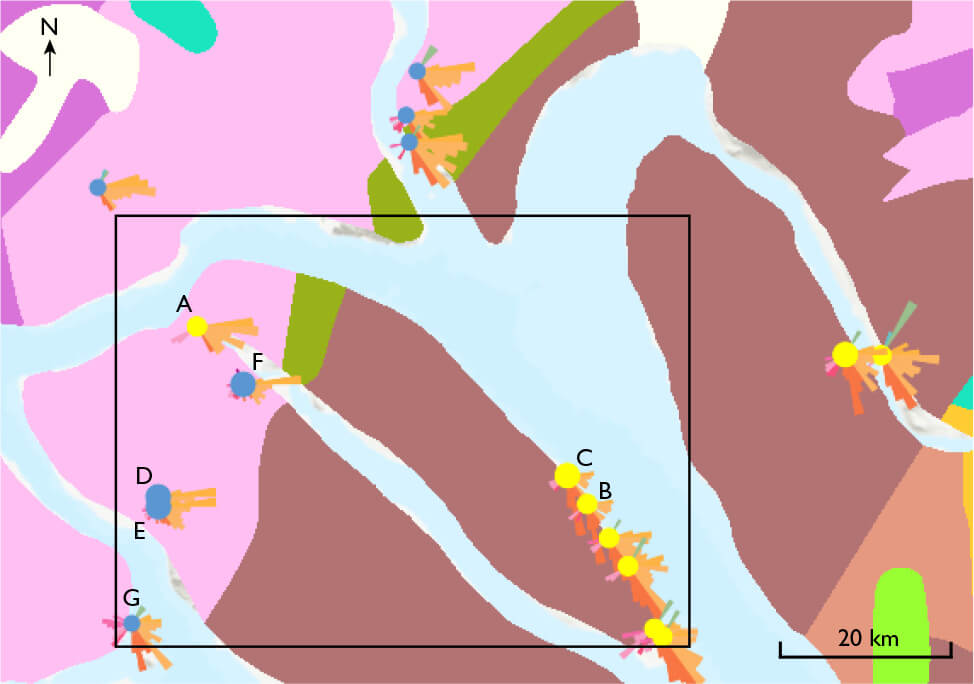
How to Cite
Share
Abstract
The amount of provenance information available for onshore and offshore sedimentary deposits in the North Atlantic Region is substantial and rapidly increasing. These data provide an improved understanding of reservoir geology (quality, diagenetic issues, regional source-to-sink relations and local stratigraphic correlations), and thereby can reduce hydrocarbon exploration risk. As such, the number of proprietary, industry-related and public research provenance studies has increased considerably in recent years, and the development and use of new analytical techniques has also caused a surge in the number of grains, isotopes and chemical elements analysed in each study. As a result, it is today close to impossible for the individual researcher or petroleum geologist to draw on all existing provenance data. And the vast expansion of data availability demands new and better methods to analyse and visualise large amounts of data in a systematic way
To this end, the Geological Survey of Denmark and Greenland (GEUS) and the Norwegian Petroleum Directorate (NPD) have established a web-based database of provenance data for the North Atlantic area: the North Atlantic Provenance Database. Construction of the database was funded jointly by GEUS and NPD. Future maintenance and further development will be funded by the petroleum industry by subscription to the database. Here, we provide a brief introduction to the database and its future development and expansion. We highlight the current capabilities with an example from East Greenland.










